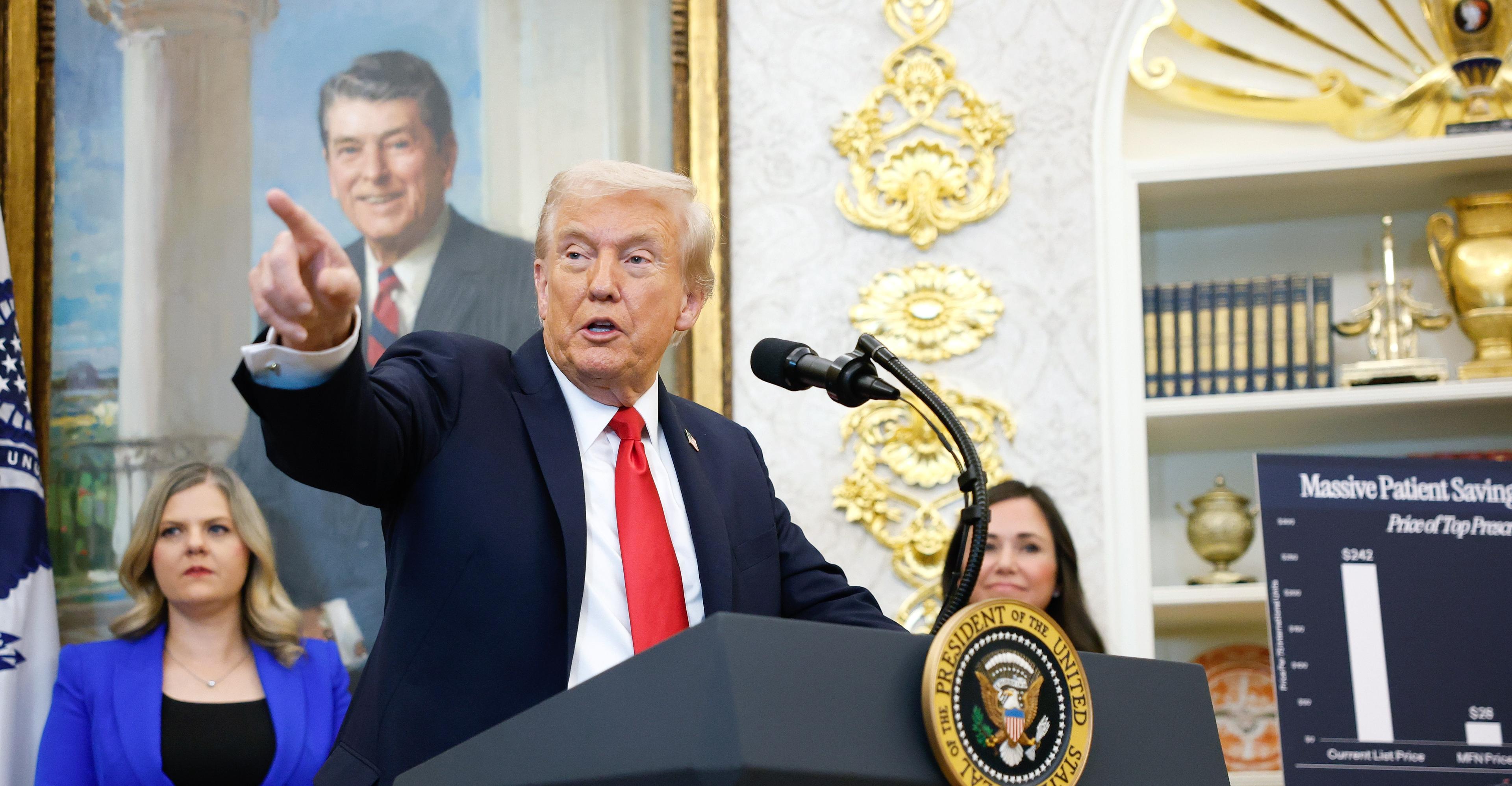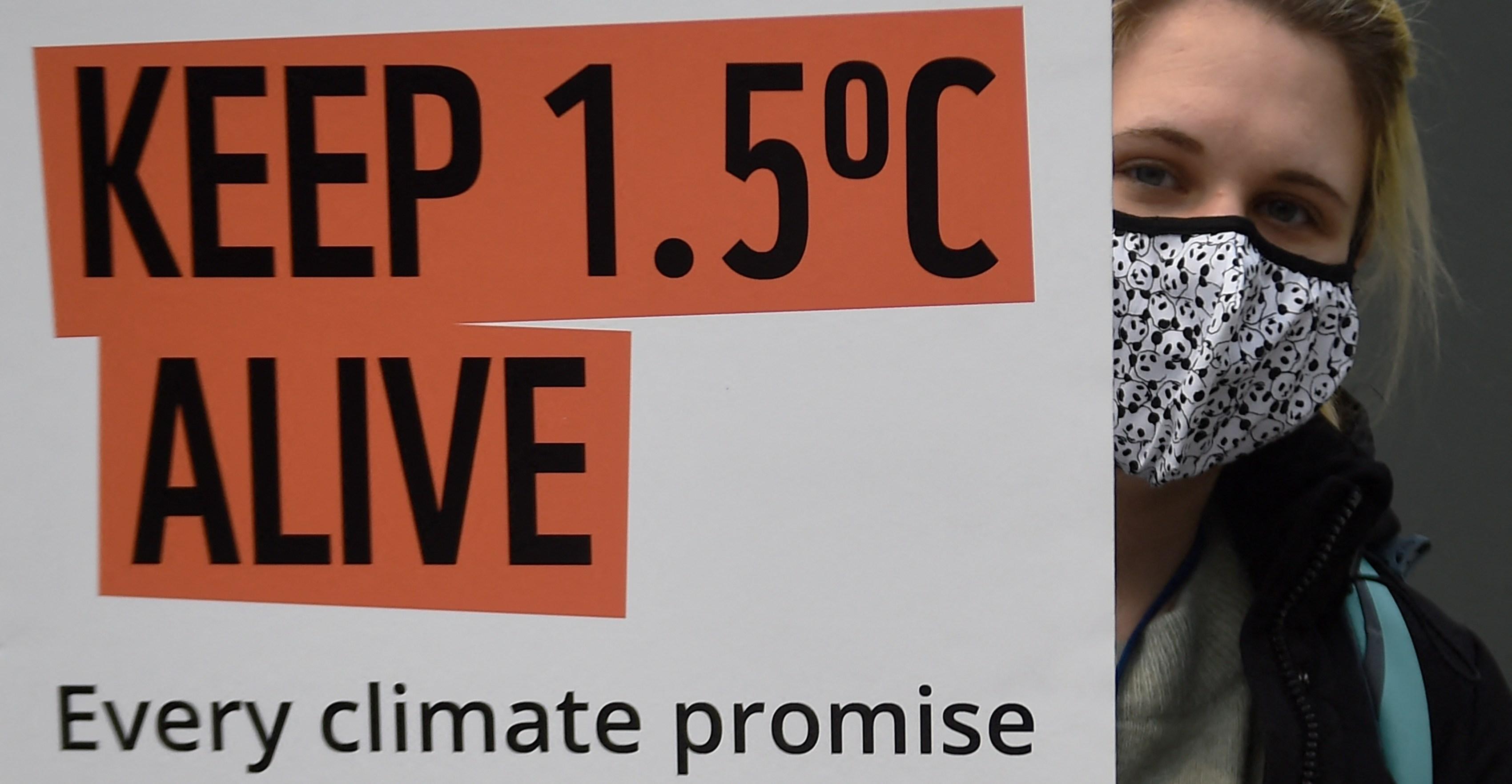A central bank is committed to inflation control can make monetary policy more effective

Jackson Hole (Reuters): The Federal Reserve's credibility in the eyes of financial markets helped in its battle against inflation over the past two years, but it had to be earned afresh with interest rate hikes that backed up policymakers' verbal promises to restore price stability, according to new research presented at the Kansas City Fed's annual research conference in Jackson Hole, Wyoming.
A strong perception in financial markets that a central bank is committed to inflation control can make monetary policy more effective, prompting markets to shift financial conditions faster and lowering inflation with a less serious hit to economic growth than would otherwise be the case.
While investors came to believe that the U.S. central bank under the leadership of Fed Chair Jerome Powell was serious about defending its 2% inflation target, that belief only formed over time and after the officials began raising the policy interest rate in March of 2022 and accelerated the rate hikes over that summer, the researchers found.
"Forecasters and markets were highly uncertain about the monetary policy rule prior to 'liftoff' and learned about it from the Fed's rate hikes," economists Michael Bauer from the San Francisco Fed, Carolin Pflueger from the University of Chicago, and Adi Sunderam from the Harvard Business School, found in their research. "Substantial rate hikes were apparently necessary for perceptions to shift ... The public did not fully understand the Fed's strategy and policy rule prior to liftoff."
The research serves as a warning of sorts against central bankers putting too much weight on the power of "talk therapy" - or the ability to influence economic outcomes with words and promises alone.
EARNING PUBLIC TRUST
The Fed in recent years has been characterized by a surfeit of speeches and public comments by its officials, whether by the head of the central bank, other members of its presidentially-appointed Board of Governors, or its 12 regional bank presidents, under the notion that more transparency is good for public accountability and makes policy more effective.
Fed officials in the recent inflation battle often noted that public belief in their commitment to the inflation target would help on its own to lower the pace of price increases, shorten the time it took for tighter monetary policy to have an impact, and lower inflation with less damage to the job market and other aspects of the "real" economy.
The researchers found, however, that while the Fed under Powell eventually earned the benefit of public trust, it also wasn't a given.

Who is Picea Robotics, Roomba’s new owner?
- 4 hours ago
Browns LB Bush found not guilty in assault trial
- 16 hours ago

Mayor emphasises importance of waste-to-energy projects for Karachi
- 11 hours ago

LG enters the RGB LED fray in 2026 with the Micro RGB evo TV
- 4 hours ago

The unexpected link between your diet and your anxiety
- 2 hours ago

The looming showdown over IVF, explained
- 2 hours ago

Trump is recruiting Big Tech workers for the government
- 4 hours ago

Bungie’s delayed shooter Marathon launches in March
- 4 hours ago
25% Decline in foreign investment in Pakistan:State bank report
- 13 hours ago

The mass shooting on Australia’s Bondi Beach, briefly explained
- 2 hours ago

We’re passing a dangerous global warming threshold — but we’re not doomed
- 2 hours ago

The PS5, PlayStation Portal, and Sony’s DualSense are still on sale for a limited time
- 4 hours ago










